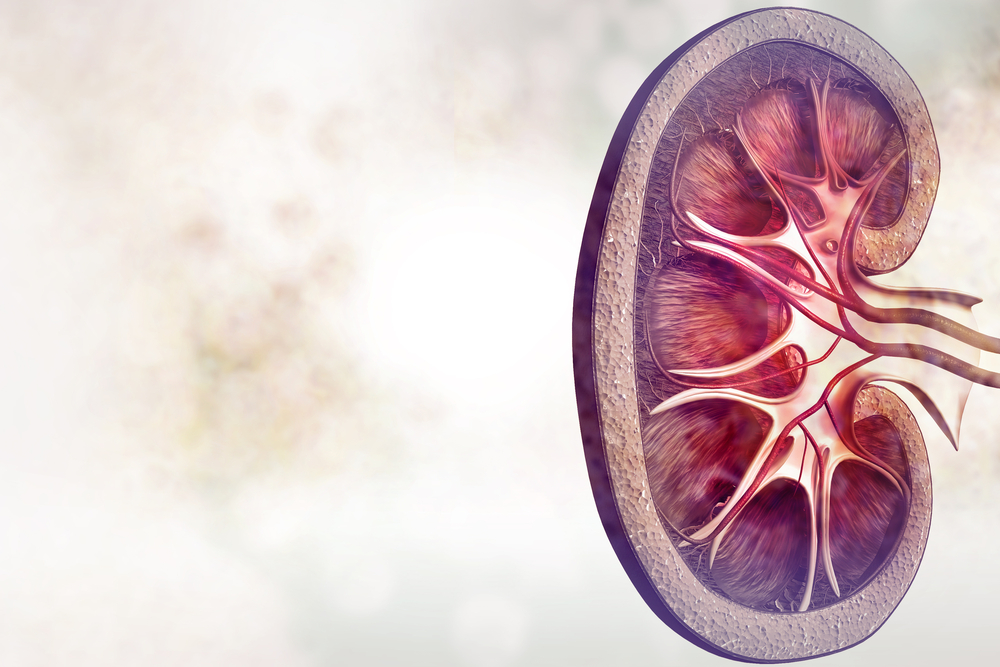Kidney Function in Patients with Severe Renal Disease May Be Helped by Longer Immunosuppressive Use, Study Suggests

Prolonging immunosuppressive use may help patients with severe ANCA-associated glomerulonephritis —inflammation of the kidney — who still need dialysis after a standard three-month treatment, a study suggests.
The study, “Late restoration of renal function in patients with severe ANCA-associated glomerulonephritis who were dialysis-dependent at presentation,” was published in the journal Clinical Rheumatology.
Antineutrophil cytoplasmic antibody (ANCA)-associated vasculitis (AAV), an autoimmune disease, can involve multiple organs that include the kidneys, possibly leading to rapid deterioration in renal function.
Immunosuppressives — such as cyclophosphamide — are generally effective at inducing remission in most AAV patients. However, some with severe kidney dysfunction who are dependent on dialysis when evaluated may continue to have end-stage renal disease (ESRD) even after the standard three months of treatment.
Guidelines, set in 2012, recommend that these patients not receive cyclophosphamide beyond three months.
But a prior study noted that some dialysis-dependent patients have “so-called delayed renal function restoration” — unlike the majority whose kidney function returns within the first three months of treatment. Little is known about patients whose renal function is not restored after three months of an immunosuppressive therapy.
Chinese researchers set out to investigate the clinical characteristics of patients with such delayed restoration.
Researchers identified 156 patients with ANCA-associated renal dysfunction who were dialysis-dependent at presentation. Among these, 58 saw their kidney renal return within three months of treatment, and 12 after three months. Another 60 remained on dialysis at the study’s conclusion and 26 died during the study period.
Among the 12 patients with delayed restoration, eight had working kidneys within six months, and four after six months.
Importantly, among the 72 patients who were still dialysis-dependent at three months, those who continued to received cyclophosphamide therapy had a significantly higher chance of having their renal function restored, compared to those who stopped treatment after three months.
“The current study found that among the patients on dialysis for more than 3 months, patients who received ‘prolonged’ use of intravenous CTX [cyclophosphamide] therapy had higher chance of renal restoration than those who received only 3 months of CTX,” the researchers wrote.
Clinical characteristics between the two groups of patients — those whose kidney function returned within a standard treatment period and those whose didn’t — showed few differences in an analysis, possibly due small patient group studied.
More research is needed to determine “whether, and for whom, cyclophosphamide prescription should be prolonged for more than 3 months,” the study concluded.





